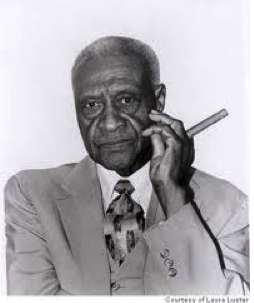One of the slimmer and less known books by prolific Catholic philosopher Michael Novak is Business as a Calling: Work and the Examined Life. Published in 1996 (and dedicated to his sister, Mary Ann Novak of Parsons, Brinckerhoff), the book discusses the spiritual fulfillment in work, especially work in the business world. The businessperson is not merely obtaining income; she or he is in most cases contributing to the social good; and should find non-material contentment in business.
I thought of the book last week when I addressed a first session of the Workforce Leaders Peer Learning Group in San Francisco. The Group was established recently by Ms. Rhonda Simmons, head of the San Francisco Workforce Investment Board and Ms. Laura Luster, a long term member of the workforce community in California. It is an attempt to show young people entering the workforce field that workforce is a craft, with a body of knowledge to be mastered, as well as a calling.
Ms. Luster is a graduate of the University of California, Santa Cruz and has a doctorate in education from Stanford University. She has been involved in the California workforce world since the 1980s, and in fact comes from a workforce family. Her father, Orville Luster, was prominent in job training from the 1950s through the 1970s in California.
Beginning in 1959, Orville built a program, Youth for Service that worked with youth gangs, and linked gang street-work with the network of job training programs that arose in 1960s California: the Neighborhood Youth Corps, the Manpower Development and Training Act, the Concentrated Employment Program. Orville was one of the first in 1960s California to try to professionalize the youth and job training efforts in the state.
Laura Luster’s Workforce Leaders Group of today is drawn from young staff persons at the community job training agencies throughout the city: Young Community Developers, Mission Language and Vocational School, Arriba Juntos, Self Help for the Elderly, Positive Resource Center. The course syllabus includes research on past job training initiatives in California and their results, research on the dynamics of the current job market, and research on the future job market that is emerging.
At last week’s session, the participants were concerned about the jobs being destroyed in California through technology. Laura and I noted that a good number of the occupations we trained for in the late 1970s and early 1980s are no longer in existence (typewriter repair) or have shrunk dramatically (bank teller, secretary). But they have been replaced by jobs we never envisioned. The workforce professional needs to be on top of the changing job market and be able to adapt to it.
The participants were concerned about their job seekers who were sending out resumes and not getting responses. We discussed the changing job search world; the role of internet job boards, and now the aggregator job boards, and social media. The workforce professional needs also to be on top on the changing job search technology, and adapt to it.
Laura plans a series of study sessions in the next year, with practitioners from the private sector as well as the public sector, and perhaps also a blog for the participants to chronicle and reflect upon their experiences. It should be a fitting testament to Orville’s attempts at workforce professionalization, so many years ago.


